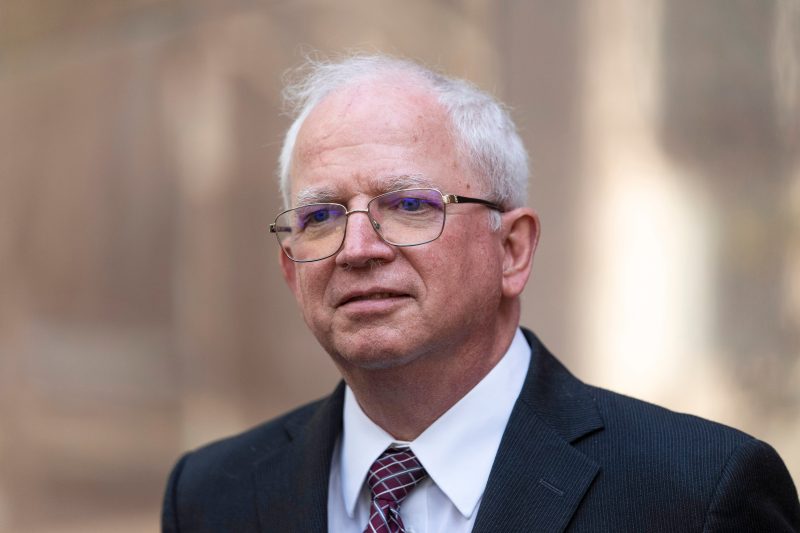In a recent development that has sent shockwaves through the legal and political spheres, the D.C. Court of Appeals has taken the extraordinary step of temporarily suspending the law license of John Eastman, a prominent lawyer closely associated with former President Donald Trump. This suspension represents a significant blow to Eastman’s career and raises questions about the ethical responsibilities of legal professionals in the current climate of political polarization.
The decision to suspend Eastman’s law license comes in the wake of his highly controversial involvement in Trump’s efforts to overturn the results of the 2020 presidential election. Eastman, a former professor at Chapman University, gained national attention for his role in crafting legal strategies aimed at challenging the election results in key battleground states. His advocacy for the debunked theory that Vice President Mike Pence could unilaterally reject electoral votes added fuel to the fire of claims of election fraud and incited the events that led to the violent storming of the U.S. Capitol on January 6, 2021.
The D.C. Court of Appeals cited Eastman’s conduct in relation to the election fraud claims as grounds for the temporary suspension of his law license. The court’s decision underscores the importance of upholding ethical standards and maintaining the integrity of the legal profession, particularly in cases where lawyers are perceived as using their expertise to further political agendas at the expense of the rule of law.
Critics of Eastman argue that his actions amounted to a gross violation of legal ethics and professional responsibility. By promoting baseless conspiracy theories and seeking to overturn a democratically held election, Eastman is seen as undermining the very foundations of the legal system and disregarding his duty to uphold the Constitution and the rule of law.
The temporary suspension of Eastman’s law license serves as a cautionary tale for other legal professionals who may be tempted to prioritize political loyalties over their ethical obligations. As the legal landscape becomes increasingly entangled with partisan politics, it is essential for lawyers to remember their duty to uphold the principles of justice, integrity, and impartiality, regardless of their personal beliefs or affiliations.
Moving forward, the case of John Eastman raises important questions about the role of lawyers in shaping public discourse and the limits of legal advocacy in a polarized society. By holding legal professionals accountable for their actions and insisting on the highest standards of ethical conduct, the legal system can serve as a bulwark against the erosion of democratic norms and the spread of misinformation.
In conclusion, the temporary suspension of John Eastman’s law license represents a significant milestone in the ongoing debate over the ethical responsibilities of lawyers in a politically charged environment. It highlights the crucial role that legal professionals play in upholding the rule of law and defending the integrity of democratic institutions. As the legal profession grapples with the challenges posed by partisan politics and misinformation, the case of John Eastman serves as a stark reminder of the importance of ethical conduct and adherence to the principles of justice and fairness.
